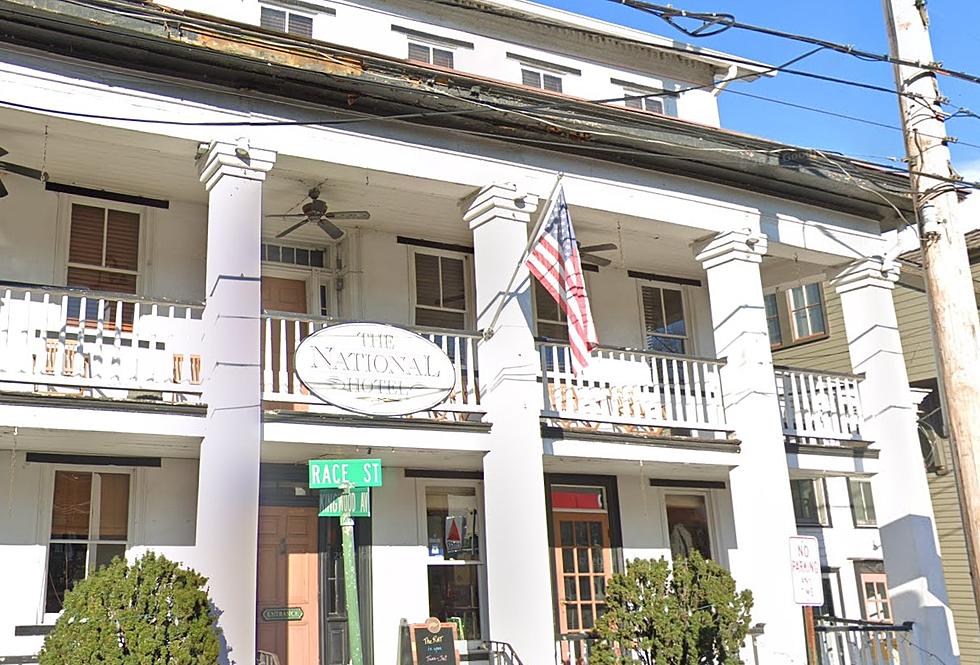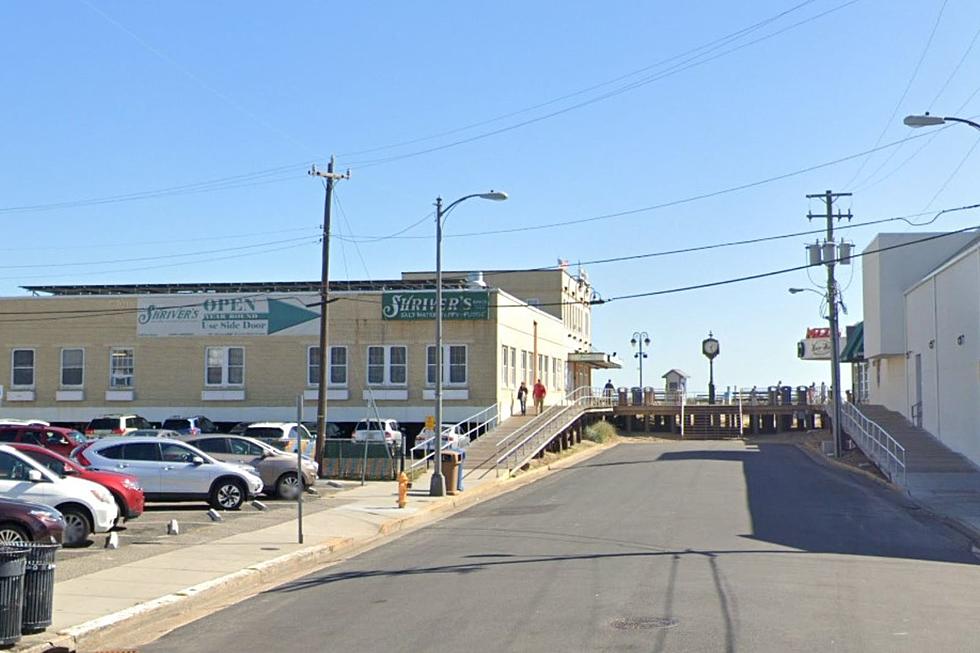Murphy outmaneuvered NJ lawmakers to impose new mandates
Lawmakers could have limited Gov. Phil Murphy's powers if they had given him what he wanted.
When then-Senate President Steve Sweeney pulled a bill extending some of Murphy's pandemic powers, he opened the door to Murphy reclaiming his full measure of executive authority and paved the way for sweeping new mandates.
Murphy agreed to end the public health emergency last June in exchange for lawmakers extending some of his existing executive orders, such as his controversial school mask mandate.
It was ultimately Murphy's plan to continue that mask mandate that sunk the legislation.
However, the extension prevented Murphy from enacting new rules and mandates unless the was a substantial increase in hospitalizations or positivity rates on COVID tests or the rate of transmission goes above 1.0.
Both of those thresholds were met in January as the omicron variant washed over New Jersey, but the extension would not have allowed Murphy to enact rules stricter than the recommendations of the U.S. Centers for Disease Control and Prevention once the COVID metrics fell below the established thresholds.
By refusing to approve the 45-day extension, lawmakers prompted Murphy to declare a new public health emergency.
Under that declaration, Murphy not only continued the mask mandate in schools but toughened his vaccine mandate on healthcare workers and others.
Murphy eliminated an option for regular COVID testing for anyone in healthcare or congregate settings. He also required all workers to not only be fully vaccinated but to also receive a vaccine booster shot.
The order affects not just healthcare workers but corrections officers as well. The corrections officers union is suing over the mandate.
Hospitals are already dealing with staff shortages, and fear workers who quit their jobs over the tougher mandate will have a further negative impact on patient care.
There is new bi-partisan legislation that would prevent Murphy, and future governors, from issuing a state of emergency or public health emergency for longer than 60 days without legislative approval.
For now, however, Murphy can extend the current public health emergency unchecked for as long as he deems necessary.
NJ towns with indoor mask mandates
Omicron impact on COVID cases in NJ
2021 NJ property taxes: See how your town compares
More From 92.7 WOBM










